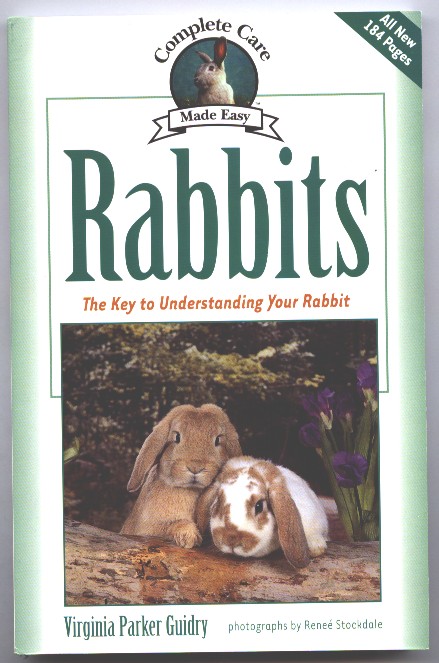In
It’s three-dimensional
We use it when we see something as all around.
In Los Angeles (cities) 
In Brazil (countries)
In the kitchen (rooms)
In the morning / In the afternoon/ In the evening (parts of the day) (at night)!
In December (months)
In 1969 (years)
On
It’s two-dimensional
We use it for a surface.
On weekends (parts of the week)
On Monday (days of the week)
On First avenue (streets)
On the corner of Main and First.
On December 8th (specific dates)

A book on rabbits is a more scientific book than a book about rabbits.
Upon is sometimes more formal than on, but is standard in once upon a time, and upon my word.
At
It’s one-dimensional
We use it when we see something as a point in space
other contexts:
at+event at+building
At Woodstock At Lollapalooza
At home/work/school, at the theater
At night
At 9000 Sunset Boulevard (addresses)
At 8:30 AM (the time)
Compare in and at with buildings
Tom is at the theater.(watching a play)
Tom is in the theater.(inside the building, maybe buying tickets)

